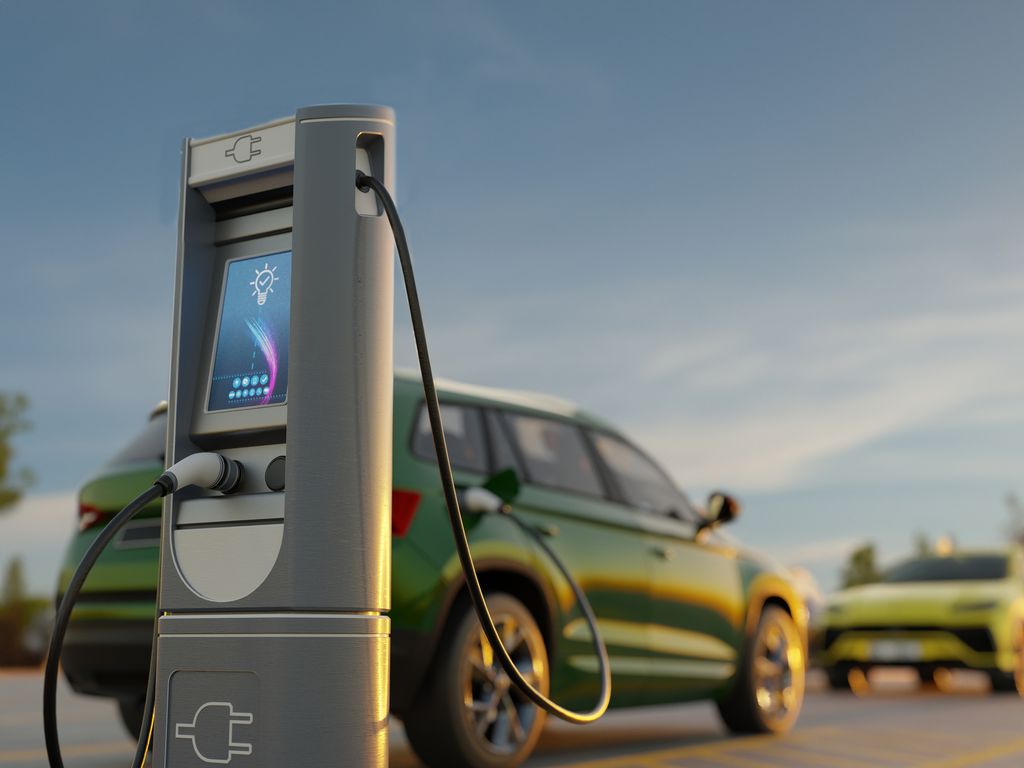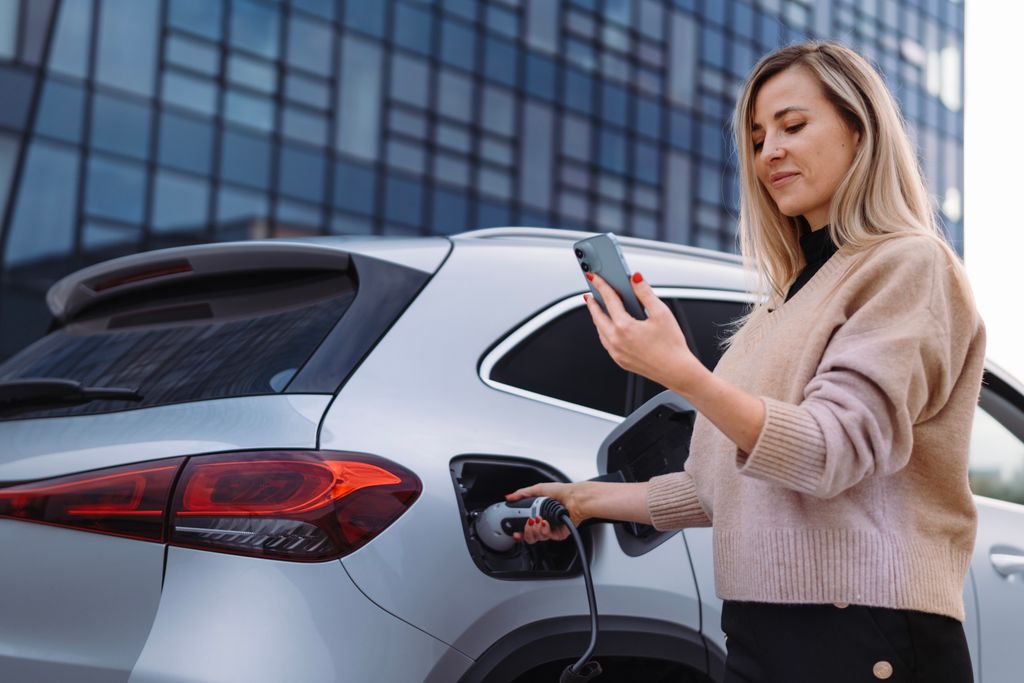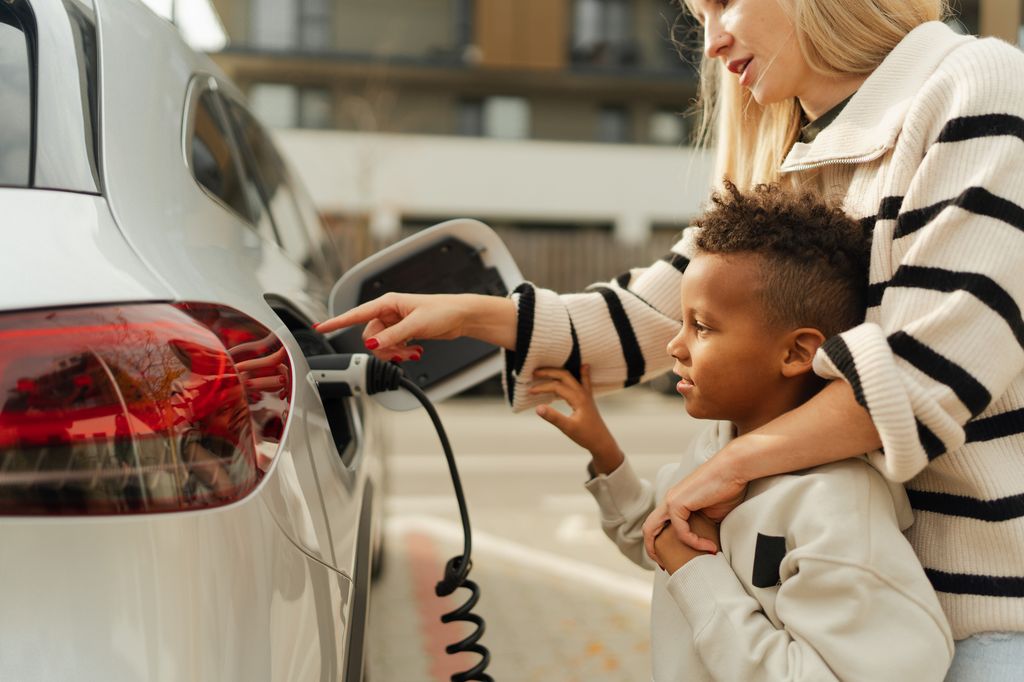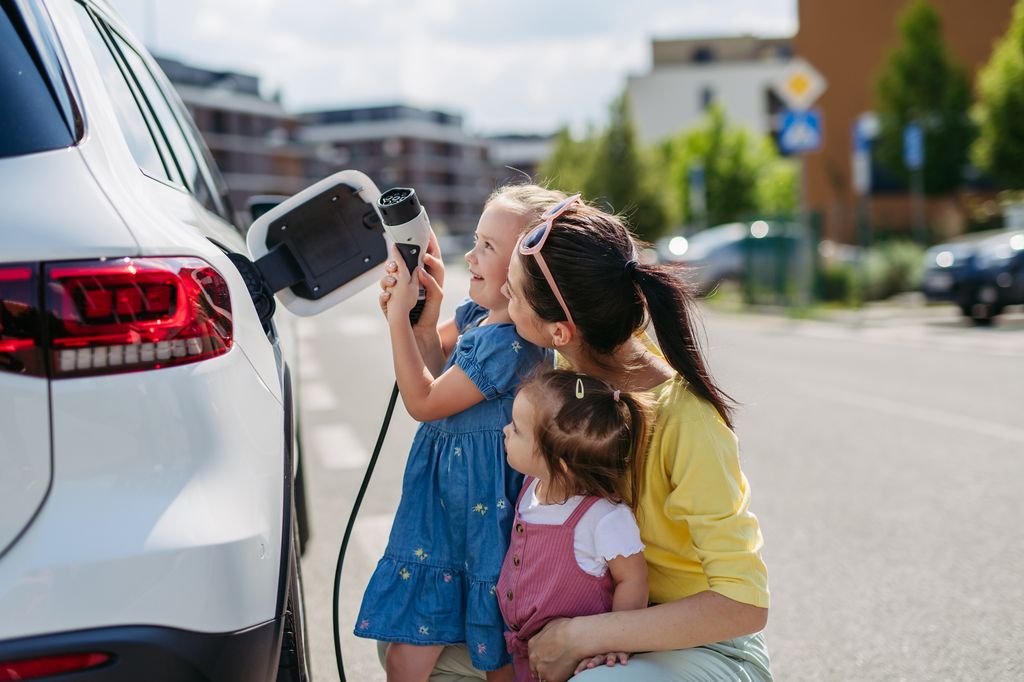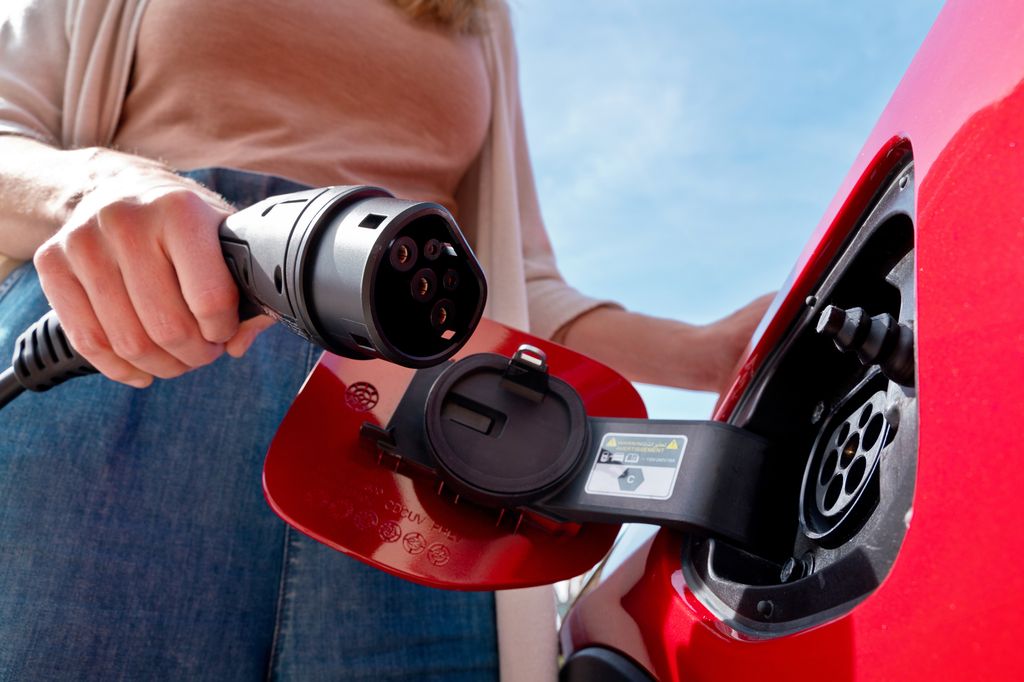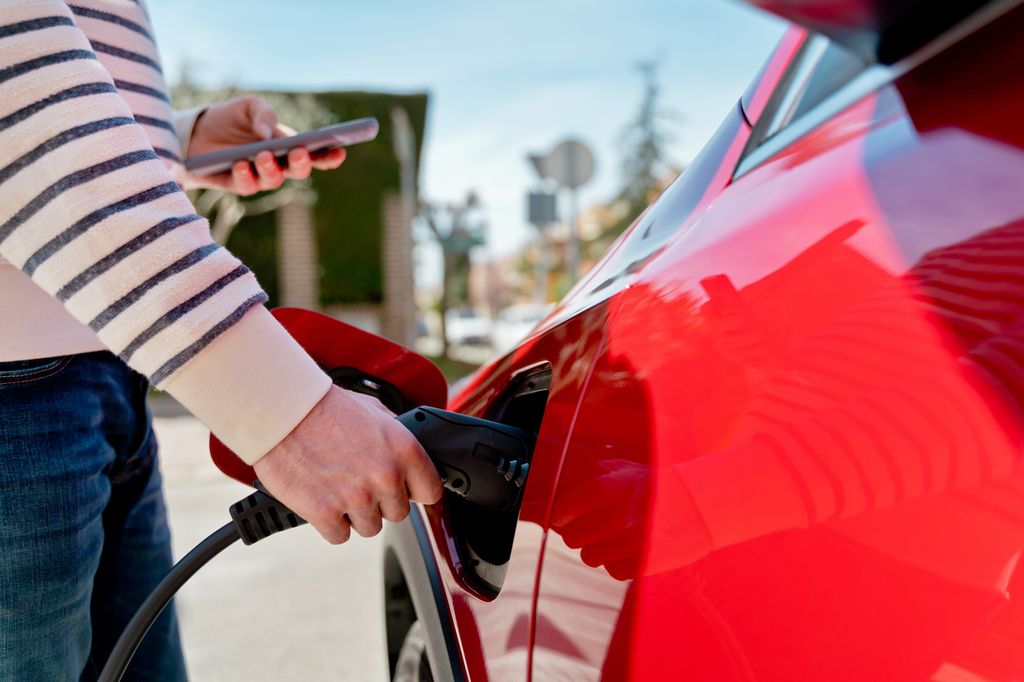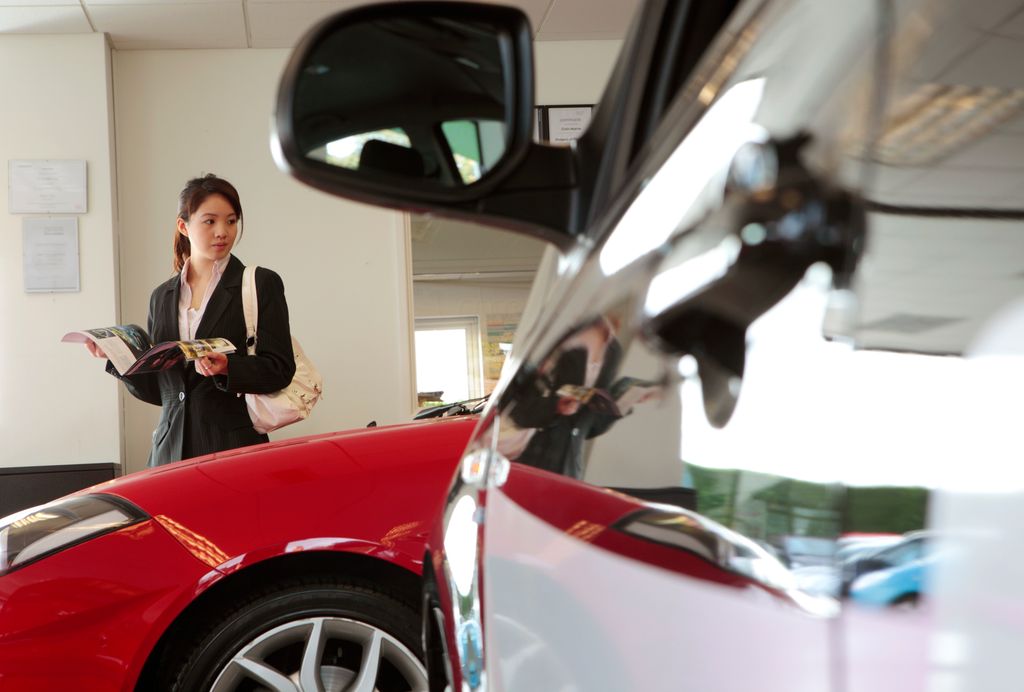Electric cars are very much looking like the future of the automotive industry. Many of us are constantly looking for ways we can lead a cleaner lifestyle and investing in an electric car can feel like a solution for many.
Though it is not a cheap investment, it's a way to future-proof your own means of transport, especially those travelling into London who will be exempt from paying ULEZ and Congestion Charges under the Cleaner Vehicle Discount until 25 December 2025.
However, it has come to light that while a sure-fire way to invest in the sustainability of our planet, the industry may not be in inclusive of all of us.
New data from Auto Trader found women are 30% less likely to invest in an electric car due to the worry attached to costs, practicalities, and concern for their own safety should the car run out of power when out driving.
Speaking to HELLO!, Diana Almazova, EV charging company Pod Point's head of sustainability, unpacks the reasons underpinning this equality gap and how it can be resolved.
Why are men more likely to opt for electric cars?
"Historically, the automotive industry has been geared towards men. And EV marketing has been focused on technology and men’s concerns around switching, which can tend to be issues like mileage or innovation, rather than safety or reliability," Diana explains.
"That’s because in general, interest in cars is seen as a 'guy thing', and we need to break that stereotype to bring more women into the conversation."
It is extremely important that women feel that the EV industry serves them, not only from an equality standpoint but because their investment is crucial in this market's ability to cool down the planet.
"Women have enormous purchasing power and are half of the population (49% of UK driving licenses are held by women), but they do not look forward to buying a car," Diana points out. "Women as half of the population must be actively engaged in the conversation about them."
Why do women not feel as comfortable?
Diana understands why women feel left out in the cold by the EV market.
She explains: "The main barrier is lack of information and knowledge, and therefore a confidence gap…We need more information out there to address the specific concerns women have around switching to electric cars, which are vastly different from men."
She gets specific. "For example, women care more about the car’s safety, and in general EVs score higher on the safety tests than petrol cars, but this isn’t always highlighted as a core benefit," she explains.
"Research has also pointed to women’s general concerns about stopping to refill/charge their vehicle, whether petrol or EV, particularly at night or in remote locations and with children in the car," she continues, adding that at-home EV charging may feel safer to women, especially those with off-street parking.
What can women do to feel more comfortable with EVs?
The EV expert offers advice for women who are considering investing in this cleaner alternative but aren't entirely sure it is for them.
"Speak to someone you know who has made the switch about their experience. Ask them about charging, the car itself, and the cost of running the vehicle," Diana suggests.
"There is a lot of fearmongering online, so having an honest view from someone you know and trust is best. There are female-focused Facebook communities that are open about their experiences with electric vehicles and can give a balanced view also including Women Drive Electric UK."
What gear shift needs to happen in the industry to bridge this gender gap?
But it isn't just up to women to make themselves more comfortable with the prospect of investing in an electric car - the industry has to make it appealing to them. Diana offers her take on the industry from the inside.
"The EV conversation needs to take place in a wider variety of spaces and places, including in women’s lifestyle media, and it needs to be much more accessible," she says.
"The industry should do more to discuss women’s questions and concerns, particularly on safety, while highlighting the convenience and affordability, especially for those who aren’t as concerned about technical aspects of cars.
"We need to champion and amplify the experiences of women using EVs, encouraging conversations about their personal experiences, helping those who are considering the switch to hear from others like themselves," Diana continues.
DISCOVER: 10 of your top electric car questions answered
Those conversations, Diana says, must start at the top, with those leading the industry into a cleaner future. "The industry also has a responsibility to diversify who’s at the table making key decisions, so that there’s more focus on finding new ways to communicate the benefits of switching to EVs."


